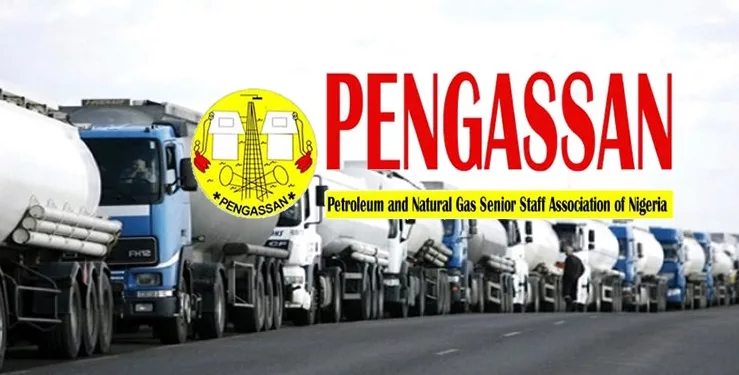The Petroleum and Natural Gas Senior Staff Association of Nigeria (PENGASSAN) has called on the federal government to ensure policy consistency and reduce political interference in the oil and gas sector to attract sustainable investments.
The union warned that constant changes in laws governing the industry discourage investors from making long-term commitments.
Speaking at the closing session of the 2025 PENGASSAN Energy and Labour Summit in Abuja yesterday, PENGASSAN president, Comrade Festus Osifo, said, “One key lesson from this summit is the need for predictability and stability in our industry.
“Investors want to know what will happen in the next five or ten years before making final investment decisions. If laws and fiscal terms keep changing every year, they will fold their arms and wait.”
Osifo criticised recent amendments to the Petroleum Industry Act (PIA), including the transfer of fiscal provisions to the Nigeria Revenue Administration Act, warning that such abrupt policy shifts undermine investor confidence.
“Just imagine taking an investment decision today and within a year the rules change again that is fundamentally not correct, these disruptions affect the flow of petroleum dollars into our economy,” he cautioned.
He recalled that similar uncertainty between 2008 and 2021 delayed the passage of the PIA for nearly two decades, with most investors holding back until the law was finalised.
“If we send signals again that we want to change the rules, investors will wait. This delay affects national oil production and ultimately our members’ welfare,” Osifo added.
Beyond advocating for fair labour practices, the PENGASSAN president emphasised the union’s role in shaping policies that impact the industry’s growth.
He urged stakeholders, including international oil companies (IOCs), indigenous producers, service companies and government agencies, to invest in training and human capacity development.
“We have observed that while some companies take training seriously, others neglect it. Managers must key into training programmes that equip workers with the requisite skills of today and prepare them for the future,” he said.
Osifo also dismissed claims that Nigeria lacks the manpower to revive its refineries. According to him, Nigerian professionals successfully managed complex offshore drilling operations and floating production storage facilities (FPSOs) during the COVID-19 pandemic when expatriates left the country.
“The technology needed for refining crude is far less complex than deep offshore drilling. Our challenge is not skills but political interference. Where workers are given tools and autonomy, like in NLNG and Shell operations, Nigerians perform excellently,” he noted.
He stressed that reducing government interference and allowing operational autonomy in refineries and other oil facilities would boost productivity and enhance the country’s energy security.



